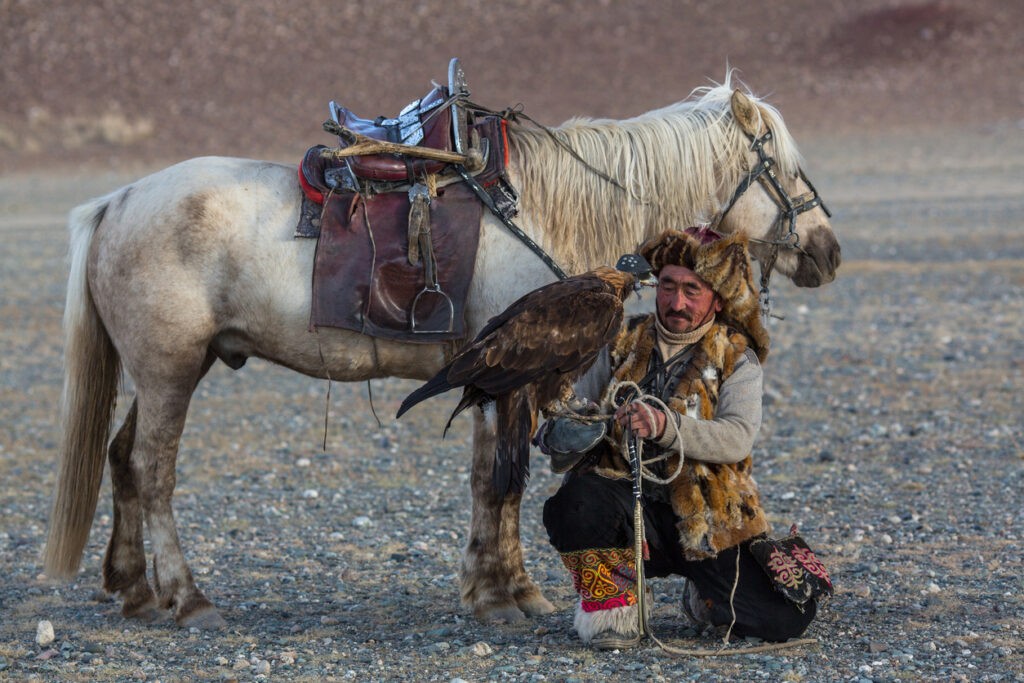Kazakhstan to Create Horse Breeding Institute
Kazakhstan’s President, Kassym-Jomart Tokayev, has directed the government to establish and fund a Horse Breeding Institute to boost the horse population and advance the breeding of traditional Kazakh breeds. Speaking at the inaugural Forum of Agricultural Workers of Kazakhstan, Tokayev highlighted the steady growth in the country’s horse population. According to the Bureau of National Statistics, as of January 1, Kazakhstan had 4 million horses—a 5.4% increase from the previous year. This number has since risen to 4.2 million. However, only 1% of the total population comprises purebred horses, with approximately 40,000 being thoroughbreds. Tokayev stressed the importance of prioritizing the breeding and development of thoroughbred horses alongside overall population growth. “I instruct the government to create the Institute of Horse Breeding. The issue of its establishment has long been raised by experts. Relevant authorities must urgently address this matter and identify funding sources for the institute,”said Tokayev. The president underscored the significance of several horse breeds in Kazakhstan’s cultural and historical heritage. The Jabe breed, for instance, has a history deeply intertwined with the lives of the Kazakh people, spanning thousands of years. Known for its resilience in harsh environments, the Jabe was historically used as a draft animal, as well as a source of meat and milk. Modern Kazakhstan is also home to other notable breeds, including the Kostanai, Kushum, and Imugaljar breeds, which were developed locally. Tokayev also praised the Adai breed, calling it a “priceless treasure of Mangystau.” He recounted his earlier directive to promote this breed globally. “Today, the Adai breed has received official recognition and represents our country proudly in races and competitions,” he noted. However, he expressed concern over the dwindling population of the Kostanai horse, with only 280 remaining. “The key task, alongside increasing the horse population, is to enhance their breeding and productive qualities,” Tokayev concluded. In November 2022, during a public meeting in Mangystau, Tokayev recognized the Adai horse as a unique asset of the region. He instructed the government to begin work on achieving scientific recognition for the Adai as an independent breed and to ensure its reproduction as a breeding animal. By January 2024, the Ministry of Agriculture and the Ministry of Justice awarded the Association of Legal Entities and Individual Entrepreneurs “Adai Breed of Horse” a certificate granting exclusive rights to use the Adai horse brand. Kazakhstan has also taken legislative steps to protect and preserve its domestic breeds. A law passed in the summer of 2024 facilitates the acquisition of foreign sport stallions by local breeding centers, supports selective breeding efforts, and reimburses related expenses. This law aims to foster the development of Kazakh sport horse breeds and promote traditional equestrian sports, including kokpar, audaryspak, zhambi atu, and tenge alu. The law also establishes strict compliance standards for horse breeding. Only purebred animals that meet the breed standard and are registered under Kazakhstan’s livestock legislation are classified as breeding animals. Experts, however, have advocated for the creation of an independent institute to oversee compliance and enhance...


